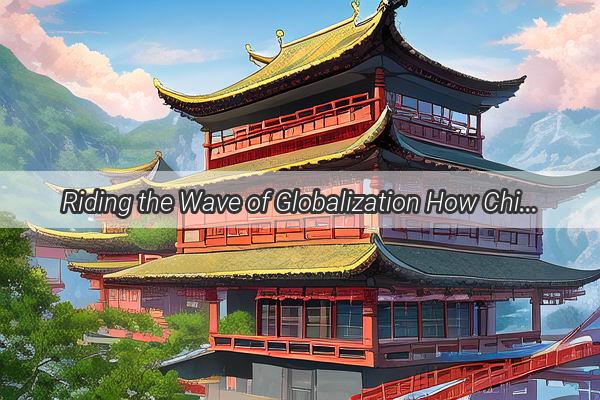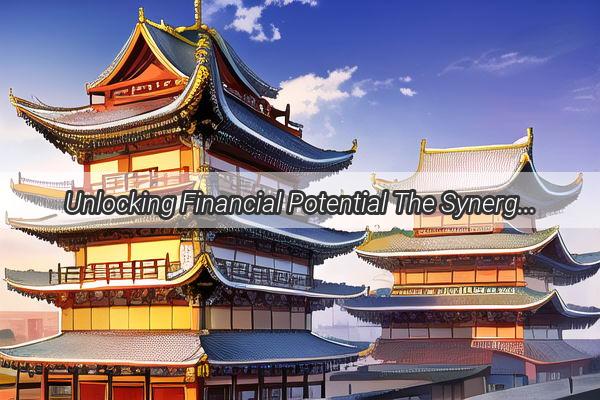The Timeless Stage A Journey Through the Rich History of Theatre in China
Embarking on a captivating odyssey through the annals of time, the rich tapestry of theatre in China unfolds like a grand opera, weaving together tales of tradition, innovation, and cultural evolution. From the ancient rituals of the Shang and Zhou dynasties to the vibrant contemporary stage, theatre in China has been a mirror reflecting the nation's diverse heritage and social fabric.

The origins of theatre in China trace back to the Shang and Zhou dynasties, where it was closely intertwined with religious ceremonies and rituals. The earliest forms of performance were ritualistic and were believed to communicate with the divine, ensuring prosperity, protection, and good harvests. The Daxue (Great Learning) from the Confucian canon emphasized the importance of music and dance in the cultivation of moral character, further cementing the role of theatre in Chinese society.
As the centuries rolled on, the stage saw the birth of various forms of traditional drama, each with its unique characteristics and regional influences. The most famous among these is the Peking Opera, a blend of music, dance, acrobatics, and martial arts that captivated audiences for centuries. Peking Opera originated in the late 18th century and quickly gained popularity, becoming the national emblem of Chinese culture.
Moving on to the 20th century, China's theatre scene experienced a seismic shift as the country grappled with political and social upheavals. The May Fourth Movement, a pivotal cultural and intellectual movement in 1919, heralded a new era of drama, characterized by realism, experimentation, and social commentary. Playwrights like Lu Xun and Cao Yu began to question the status quo, using their craft to shed light on the struggles and aspirations of the common people.
The People's Republic of China was established in 1949, and with it came a new wave of theatrical innovation. The state emphasized the importance of theatre as a means of educating and inspiring the masses, leading to the rise of revolutionary drama. These plays often focused on themes of class struggle, heroism, and the fight against oppression, serving as a powerful tool for social change.
As China's economy boomed and the country embraced globalization, its theatre scene saw a surge of international influence. Contemporary Chinese playwrights began to explore a wider range of themes, from the complexities of modern life to the intersection of tradition and modernity. The Beijing International Theatre Festival, established in 1998, has become a platform for showcasing both traditional and experimental theatre, attracting artists from all over the world.
Today, China's theatre scene is as diverse and dynamic as ever. New generations of playwrights and performers are pushing the boundaries of traditional forms, experimenting with new technologies and incorporating elements from other cultures. The fusion of ancient rituals and contemporary art has given rise to innovative works that celebrate the country's rich heritage while addressing the challenges of the modern world.
In conclusion, the history of theatre in China is a testament to the nation's enduring passion for storytelling and the power of performance. From its ancient roots to its vibrant contemporary scene, the stage has been a canvas for reflecting the soul of a people, transcending time and space. The timeless stage continues to captivate audiences, reminding us of the enduring power of drama and its ability to transform lives.





